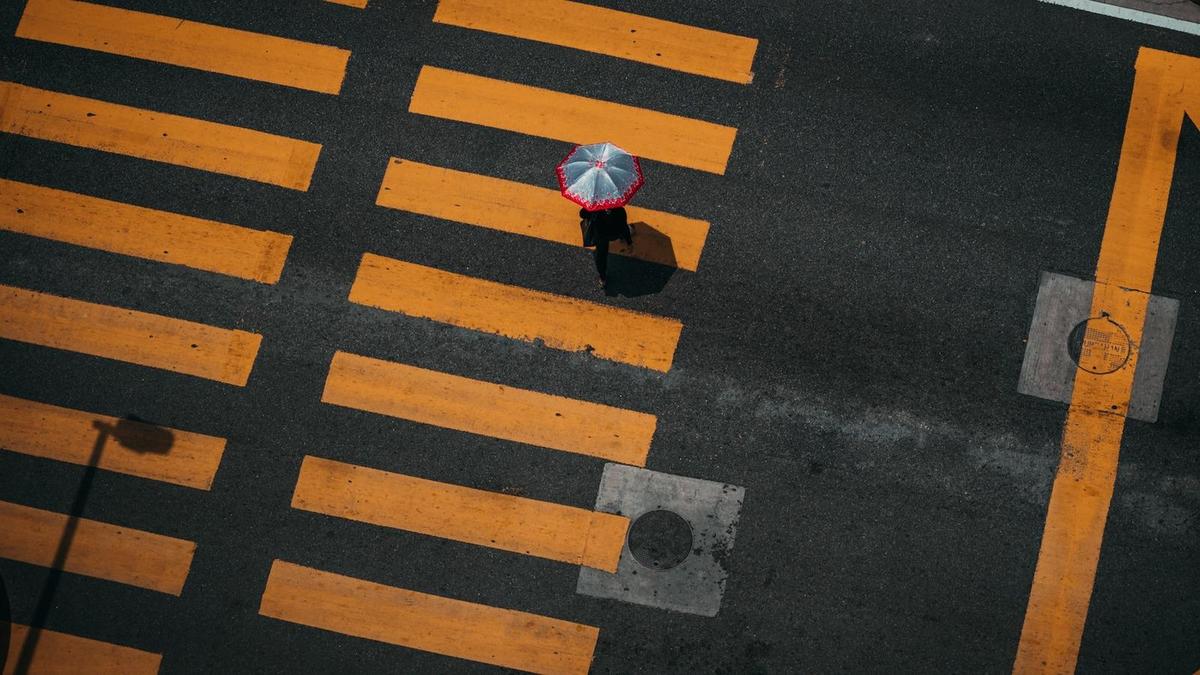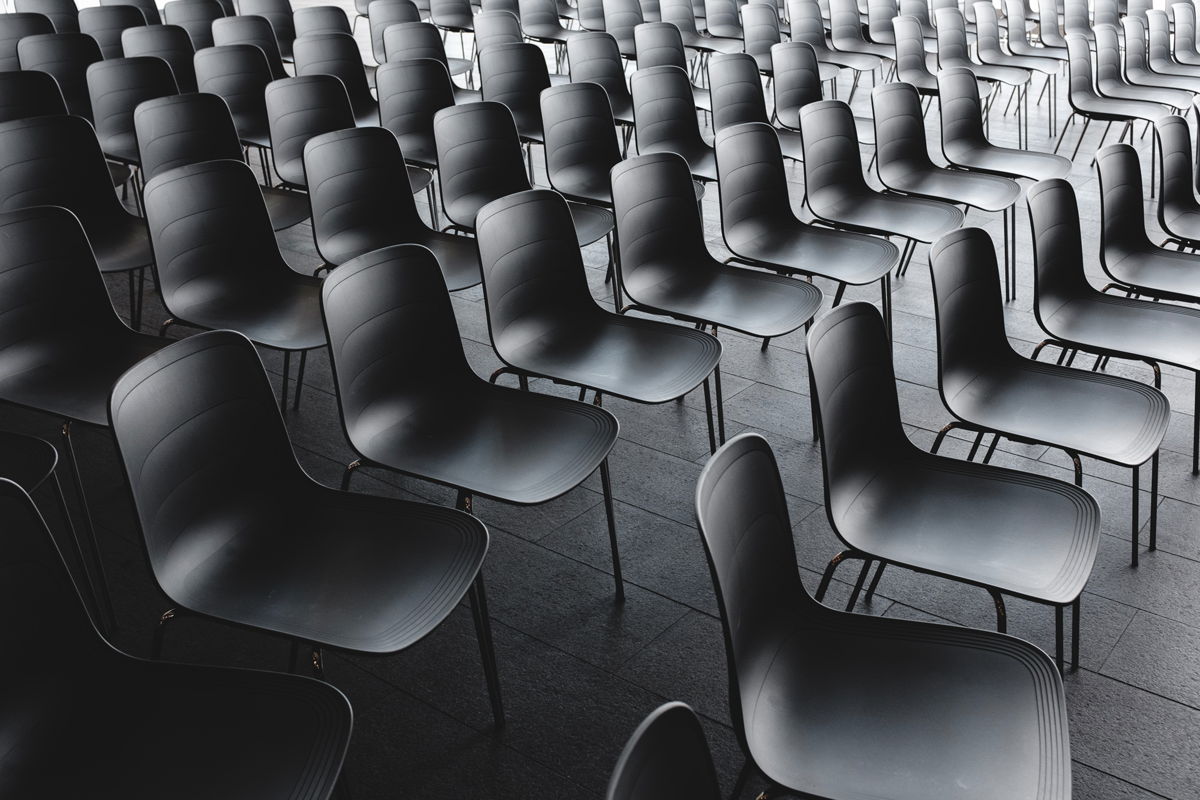With over a third of the global population on lockdown due to Covid-19, we’re living through a fundamental shift in what the world wants from entertainment. As the pandemic continues and day-to-day existence adapts, people are turning to streaming, gaming, videoconferencing and documenting the weirdness of our new lives on social media as a way to fill their time.
According to Reuters, the number of daily active Zoom users has jumped from 10 million to more than 200 million in just three months while total messaging activity across Facebook, Instagram and WhatsApp is reported to be up by 50%. In the US alone, 6.2 million people downloaded TikTok during March and such is the demand for film, TV and video content that both Netflix and YouTube are now streaming in SD only across the EU to save network capacity. Even the Tiger King never imagined he’d get so famous.
What’s clear is that at a time of crisis like this one, entertainment fulfils a number of crucially
important practical and emotional roles in people’s lives. First and foremost, as a community. A place for us to connect and share experiences with others when being in the same physical space is off-limits. By providing information and advice, it can help us feel safe and reassured about the challenges of life during a pandemic while, at the other end of the scale, it can offer some much-needed distraction from our current dystopian reality. Meanwhile, with the serendipity of normal life in short supply, the simple act of being entertained on-screen can inspire us to try, learn or create something new – then feel fulfilled by the fact we did it.
Yet if entertainment across all channels is what the world sorely needs right now, the cruel irony is that the coronavirus crisis is putting the very business of entertainment at risk. Cancelled sponsorships, slowing TV production and reduced advertising and influencer spends are making it increasingly difficult for creators to generate the entertainment people are looking for.
Even the way entertainment looks and feels is changing. Covid-19 is a pan-global, all-channels, 24-hour event. One that has seen the world’s media consumption become higher and more united than at any point in the last two decades. This is being reflected in the way people consume content too, with many of us turning away from personalisation to enjoy the sense of community that comes from watching the same thing at the same time.
Here in the UK, we’re seeing a huge uptick in linear TV viewing, light entertainment is surging ahead of gritty dramas as everyone seeks refuge from the news, and both gaming and live social media broadcasting are hitting the mainstream at unprecedented levels. Meanwhile, parents are softening concerns about screentime to seek ways to school their children from home or keep them entertained so they can get some work done themselves.
Many of us are also using technologies to create new digital experiences that fill the void left by not being able to meet up in person. Virtual dinner parties, social media quiz nights, console-based catch-ups, even dressing up in our finery to watch an online screening of the opera have become the new socialising norm while services like Netflix Connect are blending the escapism of fictional entertainment with the very real need to interact with the people who matter to us.
Even influencers and celebrities are finding their roles undergoing a dramatic evolution. At a time of stress, advice on how to adapt to this new normal works better if it feels clear, digestible and fun. Messages about hygiene, safety and mental health are thus increasingly being delivered via catchy songs, familiar characters and gamification. And we’ve seen influencers like Jo Wicks and Rachael Ray use their platforms for the public good, disseminating important information, sharing life skills and offering sparks of joy amidst the anxiety.
But what does this all mean for brands?
Simply put, it means they have to find a role for themselves in today’s shifting entertainment landscape – without being perceived to be doing so for their own ends. As the findings of the Edelman Trust Barometer Special Report into Brand Trust and the Coronavirus recently revealed, now is the time for them to solve not sell. To put product messages to one side and instead use their creativity, capabilities and partnerships to make a meaningful difference to people’s lives.
With consumers all over the world bored, isolated and underserved, brands have a clear opportunity to build and sustain relationships with them by keeping entertainment going. Informative, inspiring, escapist, emotive or anything else – the exact look and feel of the content they create can and should depend on their unique brand values and permission space. But with entertainment never more important and traditional providers struggling to deliver it, brands must now step in. It’s time to hit play not pause.







